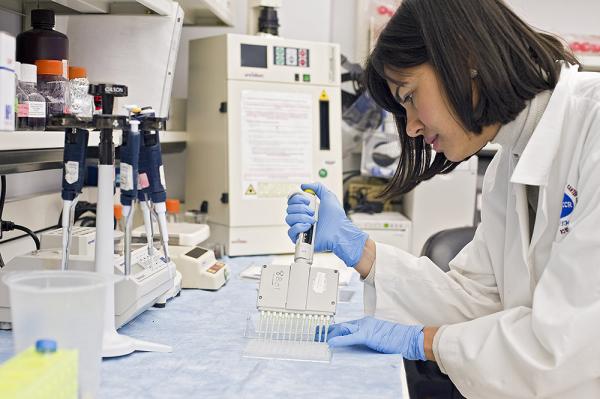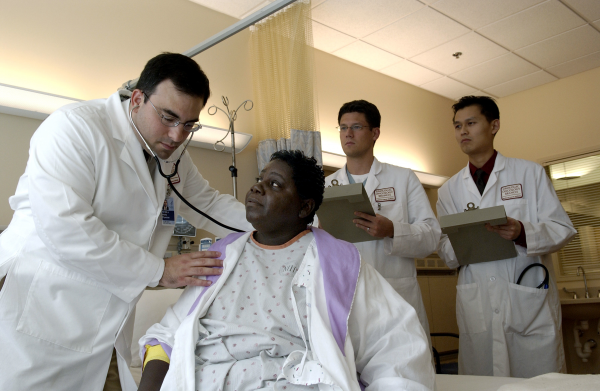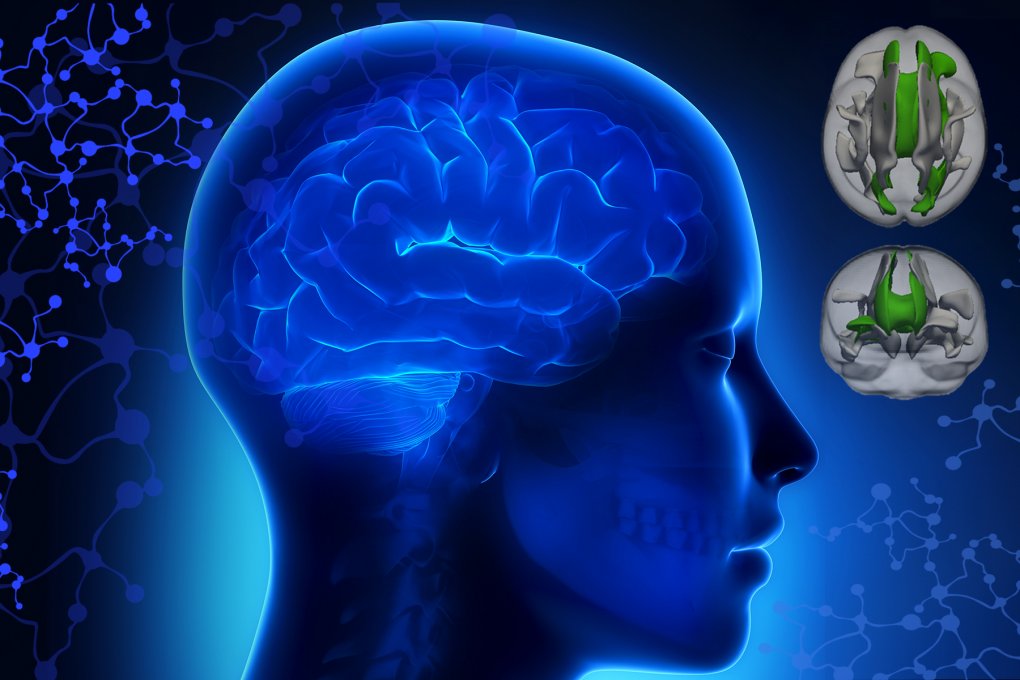Brief Mindfulness Program Reduces Healthcare Workers’ Stress
IRP Study Examines Less Time-Intensive Method for Improving Mental Health
While working in healthcare can be extremely rewarding, it is also undoubtedly stressful. In particular, the COVID-19 pandemic has had severe repercussions on the mental health of medical professionals, as doctors and nurses struggle to care for unprecedented numbers of sick patients. Fortunately, new NIH research suggests that a relatively brief workplace mindfulness program can reduce stress and anxiety in healthcare workers.







